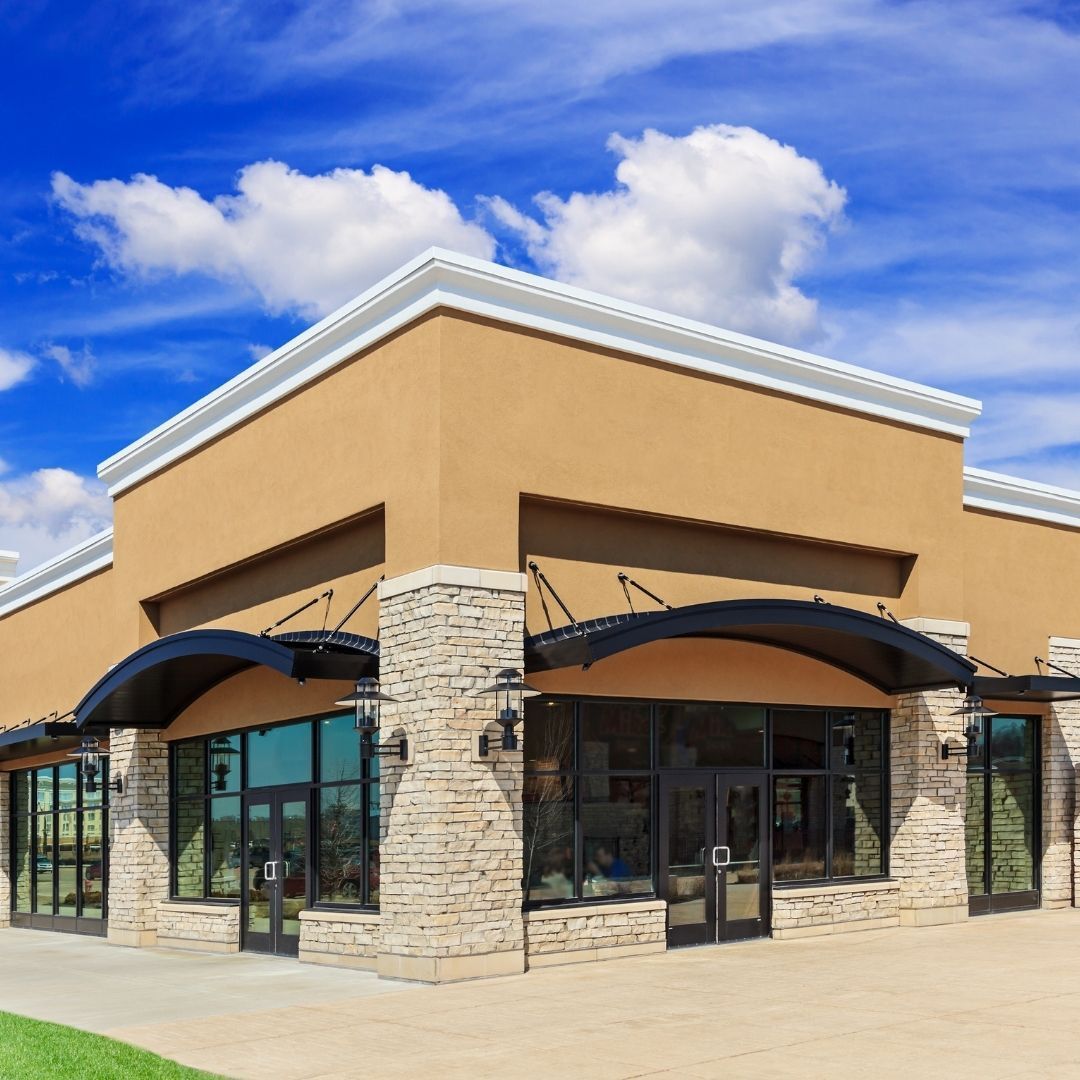Call (727) 784-5555
Tax season is a great time to take stock of your company's financial situation and look ahead to the next year.
And, you can start by asking a few simple questions. How will you improve your business? What expenses do you need to tackle?
If you're thinking about investing in or expanding your business, this might also be the right time to consider commercial real estate. Many owners use their tax return for just that — either as a down payment or to cover other costs associated with buying or renting new space.
Here are four ways to use your tax refund for commercial real estate:
Tax return for the downpayment. Use your return for a down payment. At DDA Mortgage, we have access to a variety of capital sources. Some are better suited than others for different uses and stages of growth, so it is important that you talk to a commercial advisor.
Your tax return may be one source you can tap for a down payment on commercial property. We even have 0% down commercial financing available!

Tax return for paying off business debt. If you’re like many businesses and carry debt to manage working capital, using a portion of your tax refund to pay off debt can be smart. It will save money on interest and reduce monthly debt payments. Since commercial lenders look at debt service coverage ratio (DSCR) when underwriting loans, paying off business debt can improve your DSCR and increase borrowing power in the future.
Tax return for paying closing costs. Closing costs typically include items such as interest, loan origination fees, points, and appraisal fees. The cost can range depending on the size and type of loan that's being funded. Since closing costs can run into thousands of dollars depending on the size of the transaction, using your tax refund this way can make good sense.
DDA Mortgage offers loan options from 0% down to 25% down. We can finance your transaction through:
And a variety of other loan types.
Start Your Commercial Application
Start Your Commercial Application v2
We will get back to you as soon as possible.
Please try again later.

Check out our other helpful videos to learn more about credit and residential mortgages.














